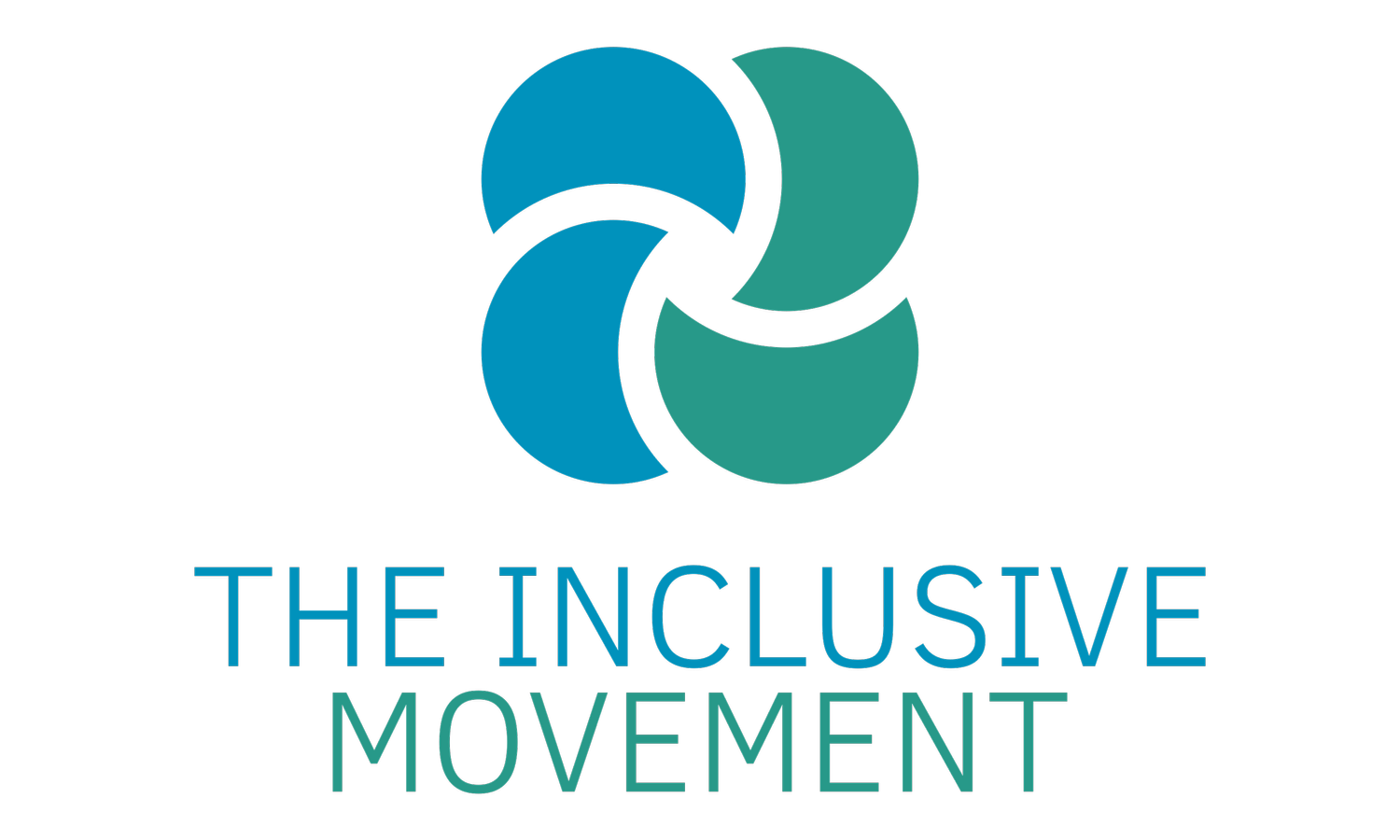Navigating the 2025 NDIS Access and Eligibility Updates
An inclusive guide for individuals with disability, carers, educators, and allied health professionals
What’s Changed in 2025?
The National Disability Insurance Scheme (NDIS) has updated its access and eligibility guidelines, effective October 3, 2024. These changes aim to make the process clearer and more supportive for individuals seeking funding and support through the NDIS.
Whether you're applying for the first time or supporting someone through the process, this guide breaks down the new requirements and offers tips on navigating the system.
Are You Eligible for the NDIS?
To access the NDIS, individuals must meet all of the following:
Age: Be under 65 years old at the time of applying.
Residency: Be an Australian citizen, permanent resident, or hold a Protected Special Category Visa.
Disability or Early Intervention:
You must have a permanent disability that significantly affects your ability to take part in daily life; or
You may be eligible through early intervention, where support can reduce future need (this often applies to young children with developmental delays).
To meet the disability requirements, the impact must be substantial and ongoing across one or more of the following life domains:
Mobility
Communication
Social interaction
Learning
Self-care
Self-management
What Is ‘Evidence of Disability’ and ‘Functional Impact’?
To determine eligibility, the NDIS requires recent evidence from a treating professional (such as a GP, psychologist, occupational therapist, or specialist).
This evidence must show:
A diagnosed permanent condition or impairment.
How the condition affects your ability to function independently across daily tasks.
The supports or assistive technology you rely on.
Functional impact is a key part of the decision. It's not just about the diagnosis—it's about how your disability affects your everyday life.
Different Pathways Depending on Age
The NDIS offers two tailored pathways to apply:
Early Childhood Approach: For children under 9, early childhood partners support families to access early intervention and/or apply for the NDIS.
Community Pathway: For individuals aged 9 to 64, Local Area Coordinators (LACs) help guide you through the process and connect you with community services.
What if you live in a regional or remote area?In many regional, rural, and remote parts of Australia (like much of the Pilbara), LACs and Early Childhood Partners may not be available locally. If this applies to you:
You can apply directly through the NDIA by:
Calling 1800 800 110 to request an access request form.
Using the NDIS contact form to ask for help or request a call-back.
Asking a trusted health or support professional to help you complete your form and gather the necessary evidence.
The NDIA has specialist planners and remote engagement officers who may contact you directly by phone or video call to talk through your application and next steps.
Local disability support services or advocacy organisations, like The Inclusive Movement, can also help you:
Understand the process
Navigate forms and terminology
Gather your evidence
Stay connected throughout your NDIS journey
If you're unsure where to begin, it's okay — you're not alone. You have the right to support, no matter where you live.
{The Inclusive Movement Offers monthly Sunday ‘Drop in’ sessions where you can access support in person in Karratha or via telehealth - You can Make a referral to get the process started}
How Long Does It Take?
Once all required evidence has been submitted:
The NDIA must make a decision within 21 days of receiving all the necessary information.
If eligible, you’ll receive a notice of decision confirming access, and for applications after Jan 2025, a Notice of Impairments may be provided detailing which conditions have been recognised.
Who Can Help?
You don’t need to go through the process alone. The following people can support your access request:
Your GP or Specialist – can complete medical evidence forms.
Allied Health Professionals – such as occupational therapists, speech pathologists, developmental educators or psychologists, who can provide detailed functional assessments.
NDIS Partners – early childhood partners and LACs offer free support to guide you through the process.
Disability Advocates – organisations like ours can help you understand your rights and complete your application.
What If I Don’t Agree With Their Decision?
If your application is declined, don’t panic—there are options:
Internal Review
You have 3 months to request a review of the decision. You can submit extra evidence and explain why you believe the decision should be reconsidered.External Appeal (Administrative Appeals Tribunal)
If the internal review is also unsuccessful, you can apply for an external appeal via the AAT.
It’s important to ask for help during this stage. Advocacy services like ours can guide you through your rights and options.
Helpful Resources
NDIS Guidelines: ourguidelines.ndis.gov.au
Call the NDIS: 1800 800 110
Access Request Form: Available via your NDIS partner or online portal
💬 Need Help Applying?
At The Inclusive Movement, we’re here to support you every step of the way.
We offer:
NDIS Access Request Support – We help individuals and families prepare strong, accurate applications.
NDIS Support Coordination – Connect with the right supports to meet your goals.
Disability Advocacy – Standing beside you to ensure your voice is heard and your rights are respected.
Contact us today to book a free consultation or visit our NDIS Services Page to learn more.
Because navigating the NDIS shouldn’t be overwhelming — and no one should have to do it alone.
Together, we’re building a more inclusive community.
